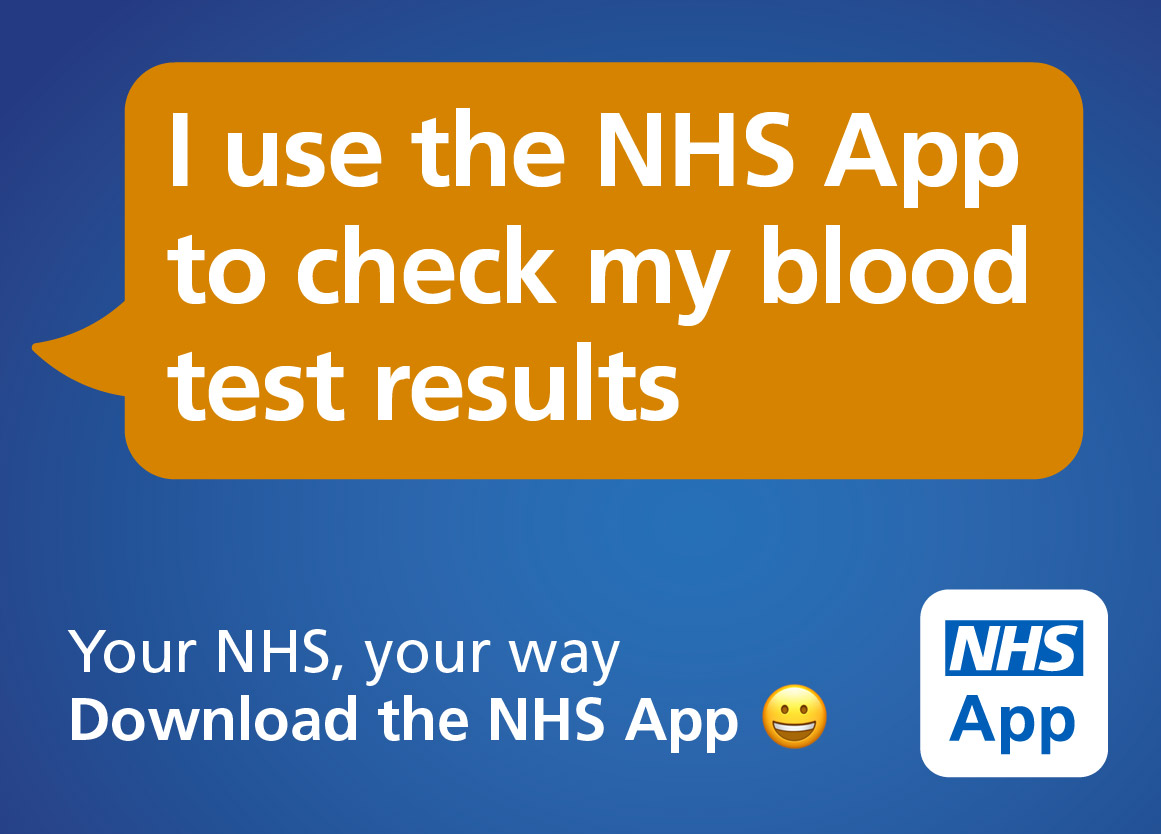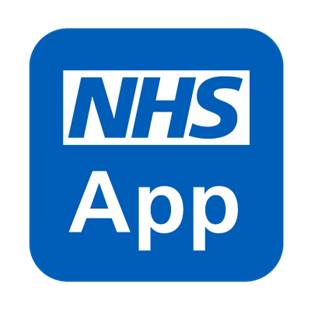
The NHS App
The NHS App provides a simple and secure way for people to access a range of NHS services on their smartphone or tablet.
You can use the NHS App to get health advice, book appointments, order repeat prescriptions, view your GP health record including blood test results, and more.
If you already use EMIS online you can continue to use it. You can use the NHS App as well.
For more information about the NHS app go to www.nhs.uk/nhsapp.
Further information on how to register for the NHS app can be found here 
Telephoning the surgery
You are also able to telephone the surgery on 01825 732 333 to request test results. The telephones are likely to be quieter after 2.30pm and therefore you may prefer to telephone then. If you wish to avoid waiting on the telephone, you are able to use the NHS app to access test results, per the information above.
Our reception team are are able to confirm what the doctor has said about the results once your results have been reviewed, they are unable to provide any other specific information including numerical data over the telephone.